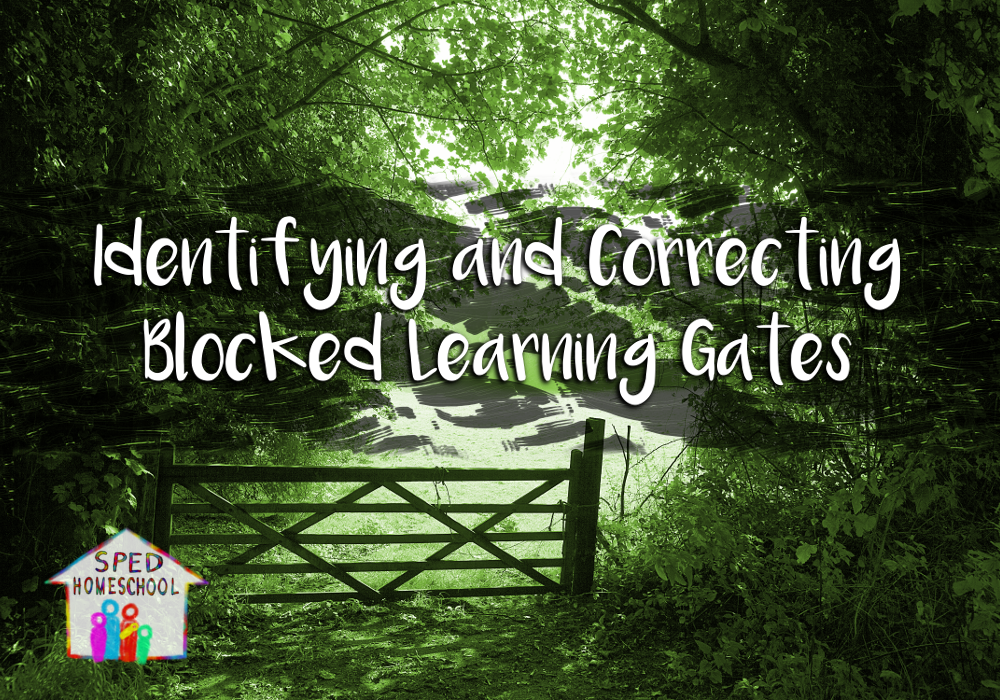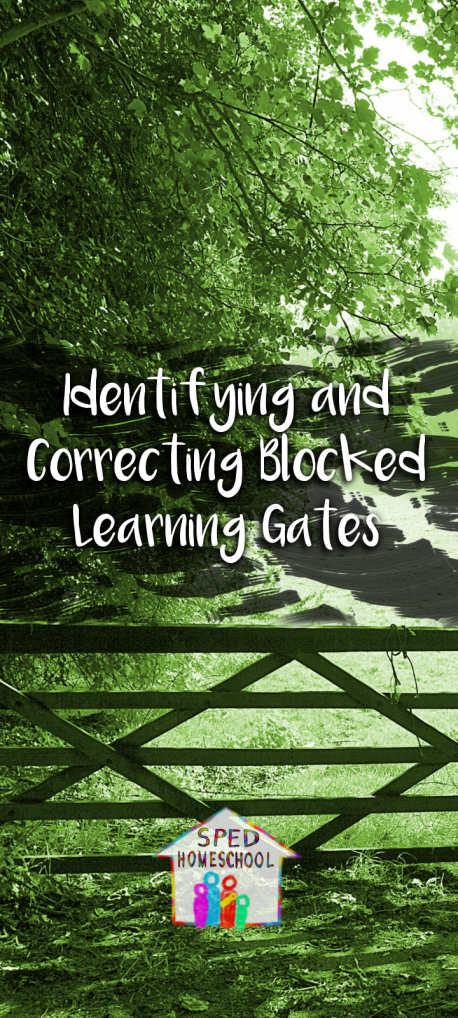
Are you working with a bright, hard working child or teenager who has to work too hard to learn? This is the child who does not respond to other curriculum or materials and teaching strategies that have worked so well with your other children. In fact, you may be on your fourth reading/phonics program, your third math program, and your fourth spelling program.
If it is your first child or student who is struggling, you may now have a younger sibling or other students who are yelling out the words from the corner of the room. That’s when you decide, “Something isn’t right” with this child. You wonder if this child has a processing problem, a learning disability, or Dyslexia. You are puzzled because orally, he/she is so good in many things, and loves to listen to stories. What is going on?
According to Dr. Mel Levine, MD, in his book, One Mind at a Time, all learning requires energy. He refers to it as “battery energy.” I like this term. It clearly describes what we see happening with the struggling learner. This child is using way too much battery energy to write or remember sight words or phonics for reading. We see the battery drain happen before our eyes. Our question is, why does this child have to work so hard at things that should not take so much energy to learn or remember?
This energy drain is generally because this child has one or more of the Four Learning Gates blocked. We think of these learning gates as information pathways. Children who learn easily seem “smart” because they don’t have any major blocks in their information pathways. Our struggling learner may have many blocks. When we speak of a blocked learning gate, we mean that the processing skill has not transferred into the Automatic Brain Hemisphere. The child continues to need to concentrate on the processing task because of this lack of transfer.
How do we know if this process has not transferred and is taking too much energy?
-
Reading reversals (on=no; was=saw…after age seven)
-
Skipping of little words, but can read longer word
-
Reading begins smooth, but soon becomes labored
-
Older children who can read, but tire easily…yawning shortly after beginning reading.
-
Frequent or occasional reversals in letters after age seven (even if only “once in awhile”)
-
Copying is laborious
-
Poor spacing in math papers
-
Great stories orally, but writes very little
-
Does mental math to avoid writing
A child, who is suffering with an Auditory Processing Problem, generally has trouble with reading.
-
Phonics sounds don’t stick; no matter how many games you have played.
-
Sight words are hard to memorize…even learning alphabet letter names can be hard
-
Sounds out same word over and over in a story
-
Can’t easily sequence sounds…like months of the year or skip counting
-
Is a “Word Guesser”
-
No phonetic pattern to spelling…doesn’t hear consonants. “Thursday is Tuesday”
-
Inconsistency in performance from one day to another
-
Needs to have someone sit with him to finish work
-
Forgets previously learned work much of the time…seems to have a “memory” problem
-
Can have impulsive behavior…easily getting upset when things go wrong.
-
Sensory Processing problems (little things bother him a lot, like tags on shirts, loud noises, transitions, foods, etc.)
Be assured, you do not need to be an “expert, or professional” to make learning easier for your child or student. In the many articles I have on my website, I discuss each learning gate individually, and show you the corrections that I developed when I taught these wonderful children in my special education classes.
You will see that it is not hard to do. It just requires some tools, strategies and techniques that you may not be familiar with right now.
Bottom line: Learning does not have to be so hard for your child.

